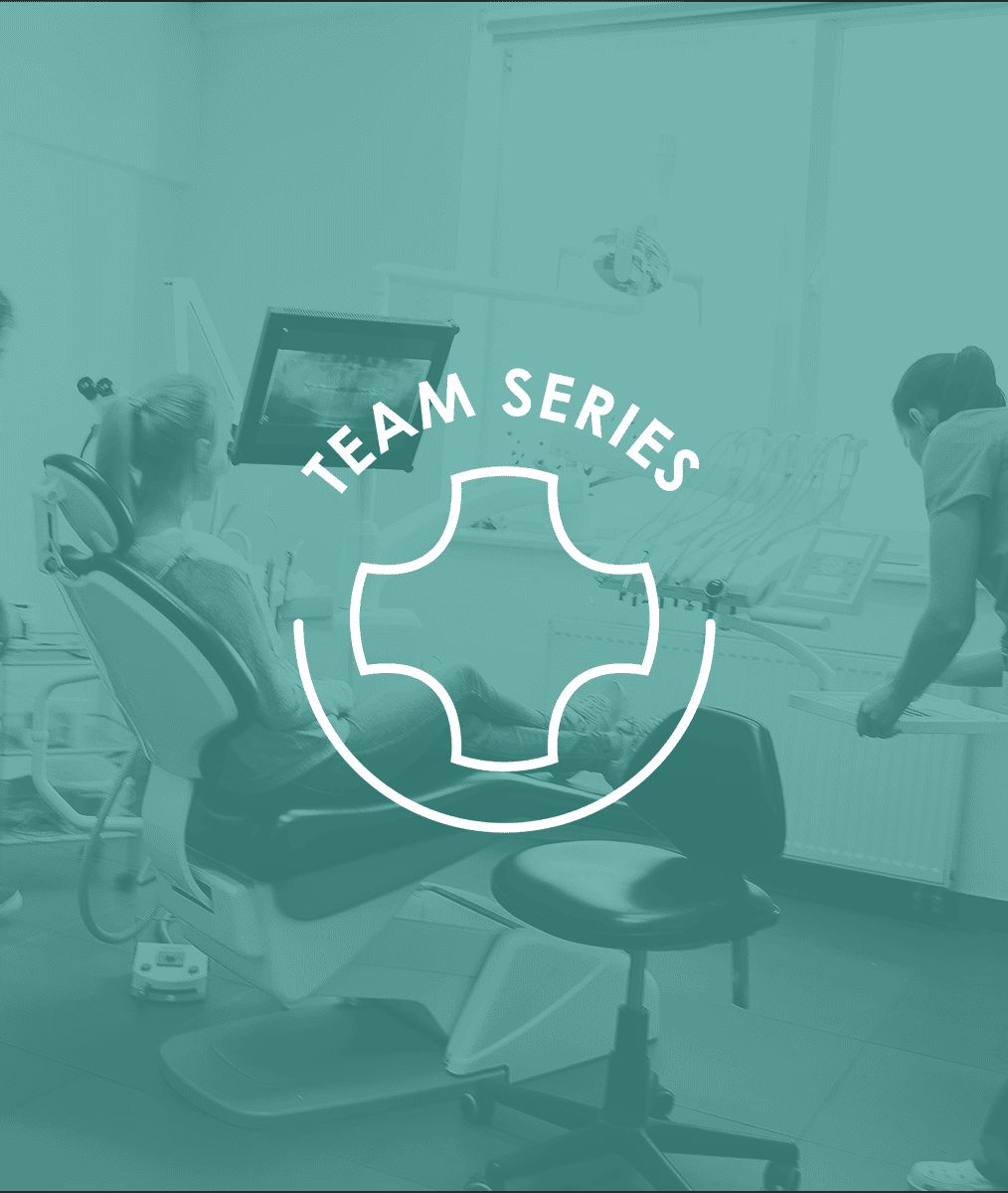
The Story of How L.D. Pankey Began Teaching
The Pankey Philosophy evolved slowly as L.D. built his practice and solidified in his mind which elements of his philosophy worked and which did not. L.D. served on the Florida State Board of Dental Examiners from 1932-1944. During that time, many dentists started hearing about his philosophy. Some dentists had a problem with the State Dental Board and needed to get their licenses back. Others were dentists who came to Florida to take the state board exams. L.D. always encouraged them to go out and do the best possible dentistry they could for every patient. Dentists from Tampa, Orlando, Jacksonville, and other areas of the state heard about L.D.’s work and would spend a week in his office to see what he was doing.
In 1947, L.D. was asked by the Florida State Dental Society to talk about how he ran his unique group practice. The presentation went well but it was evident to L.D. that few participating dentists had heard what he said. The transcript was printed in the Florida Dental Association Journal following his presentation. L.D.’s philosophy of dental practice, known as “The Philosophy,” had evolved as L.D. used it to build a practice. He knew from his own experience the elements of the philosophy that worked. Five years after the Florida Dental Association meeting and journal article, L.D. received invitations to present his philosophy to other groups.
Early in 1952, L.D. was invited to participate in a workshop on practice management at the University of Michigan, where a hundred dentists of various persuasions would be invited. At first, L.D. declined the invitation until the event’s general chair explained that he had been invited because he owned a group practice in Florida. At the time, group practices were not common in the profession. The facilitators of Michigan’s practice management workshop wanted to know how he had structured his practice. L.D. had three associates and fourteen staff members. Since he had experience running a group practice, he decided to attend.
During one of the breakout sessions at the Michigan meeting, L.D. was asked, “How do you run your group practice?” L.D. answered, “That would be like asking a golf pro to sit down over lunch and tell you how he plays golf.” He continued, “Managing a group practice while still practicing and using my philosophy involves much more than learning to play golf.” Just as not everyone has the natural talent to play golf, some dentists may never learn to become highly competent practice managers. L.D. told the session group that if they gave him at least three months to prepare and three days to present the information, he could answer their questions.
Some group members gave him five months and arranged a meeting in Milwaukee the following February, just before the Chicago Mid-Winter Dental Meeting. The Milwaukee seminar, “A Philosophy of the Practice of Dentistry,” was successful. Soon, he received many calls to give additional seminars.
Even before the class in Milwaukee, L.D. had many requests from dentists asking to visit his office to observe how the group practice worked and learn the philosophy, which was working well in the practice. For several months, Rose Quick, his private secretary, was glad to arrange these visits. However, the demand was so heavy that it became obvious that other arrangements would have to be made. Not only was it interfering with his ability to treat patients, but The Philosophy also had too many components to teach under these circumstances.
As an alternative, L.D. and Rose decided to set up two- and three-day lectures. When requests came to the office, it was explained, and classes were organized according to demand. For the first several years, L.D. traveled to various cities and offered three-day philosophy courses at the invitation of the study clubs. Those were the days before color slides and sophisticated projection equipment, so he used the blackboard and hand-outs. Then, Rose gave him the idea of having the material printed on roll-up window shades. The roll-up shades were portable and could be easily hung from the classroom ceiling or the top of a blackboard.
Eventually, the demand for classes became so great that L.D. did not have the time and energy to travel that extensively. Arrangements were made for a meeting room and housing accommodations at the DuPont Plaza Hotel in Miami. Rose took on the monumental task of coordinating the classes. A new course manual was developed, and the equipment necessary for conducting the classes was purchased.
A friend suggested that an evening of relaxation and fellowship should be included. Class participants and their spouses were taken by chartered bus to see L.D.’s first bungalow office built exclusively for dentistry in Coral Gables, followed by a buffet dinner in his home.
Related Course
The Pankey Administrative Team: Inspiring Front Office Excellence
DATE: February 6 2025 @ 8:00 am - February 7 2025 @ 2:00 pmLocation: The Pankey Institute
CE HOURS: 16
Regular Tuition: $ 2150
Single Occupancy Room with Ensuite Bath (Per Night): $ 345
The Pankey Administrative Team: Inspiring front office excellence Front office systems for a Pankey-trained dentist hold very specific differences compared to a typical dental office. Learning how to differentiate your…
Learn More>






